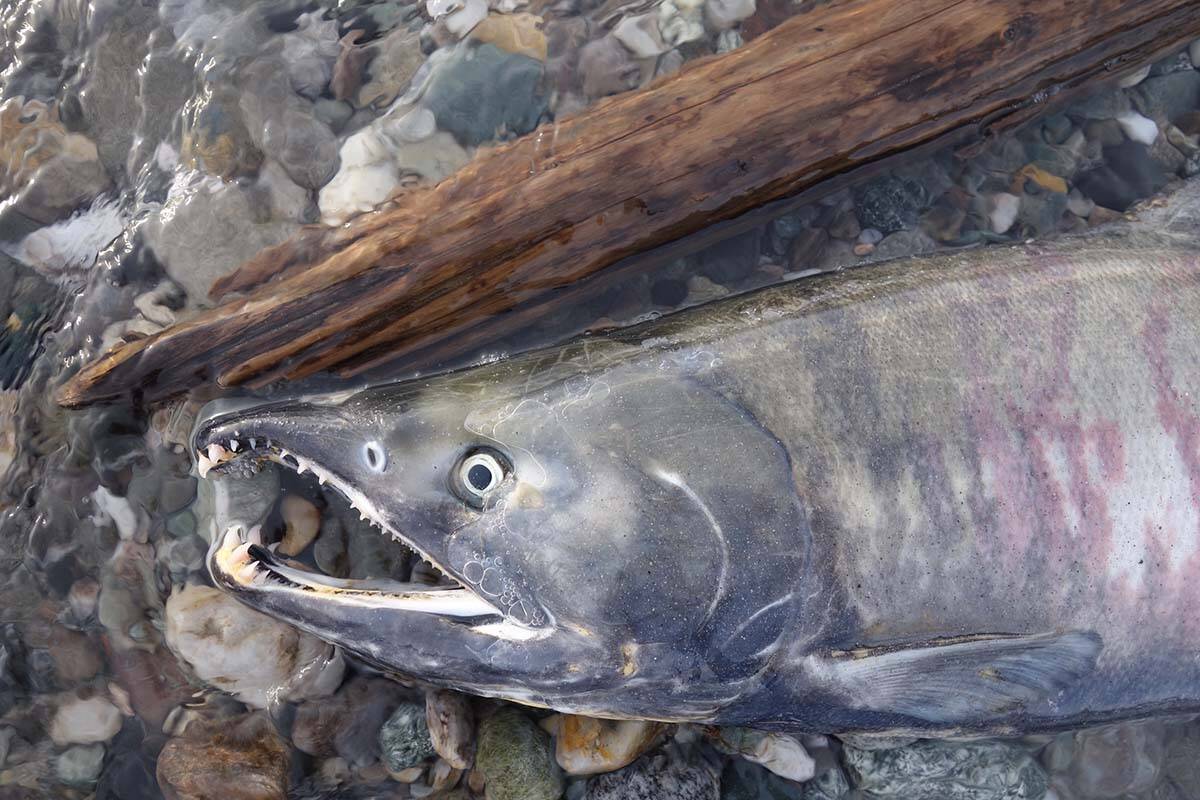By Patrick Penner, Local Journalism Initiative Reporter
A construction contractor has been fined $2.8 million for releasing contaminated water into salmon-bearing creeks in Coquitlam and Surrey in 2017.
Michels Canada Co., a construction contractor based out of Nisku, Alberta, was ordered to pay the sum on Dec. 6, after pleading guilty to two charges under the Fisheries Act.
“These creeks are inhabited by salmonids year round, and the presence of juvenile salmonids in these creeks during the summertime low flow period and hot weather emphasizes the importance of this habitat,” stated Environment and Climate Change Canada (ECCC) on Dec. 8.
The company was conducting horizontal direction boring operations in both cities, which drills tunnels underneath waterways, roads and rail when other methods are not possible.
Sediment-laden water, a byproduct of the boring process, was released through the storm sewer system in Coquitlam on Aug. 17, eventually flowing into Cape Horn Creek.
Less than two weeks later, the same spill occurred in Surrey’s sewer system, which flowed into Quibble Creek.
Twenty dead fish were later discovered in Coquitlam’s creek, while 533 dead fish were discovered in Surrey’s creek.
Federal environmental officers collected samples from the water, dead fish and other evidence related to the spills and found drilling fluids deposits in the water that were deemed harmful.
Both creeks are inhabited by coho salmon, rainbow trout, and cutthroat trout, the latter of which is considered a species at-risk.
Cape Horn Creek flows into the Coquitlam River, before entering the Fraser River; Quibble Creek flows into the Serpentine River, before entering the Georgia Straight.
The company will be added to the Environmental Offenders Registry, which lists convictions of corporations who have committed offences under federal environmental law.
“Canadians value clean water and a sustainable environment,” ECCC stated. “Enforcement officers strive to ensure that businesses and individuals comply with the laws and regulations that protect Canada’s natural environment.”
The fines will be used to support projects with a positive impact on the environment, according to the ECCC.

